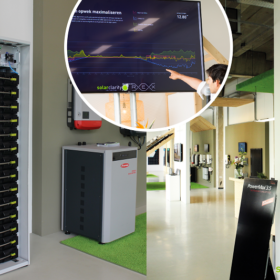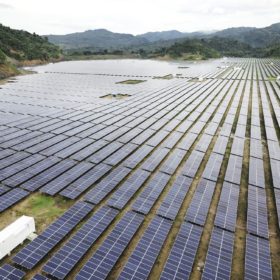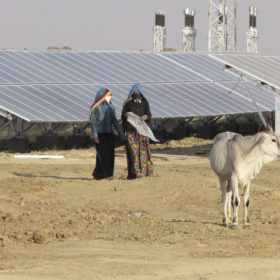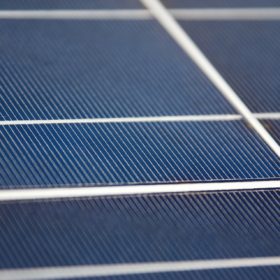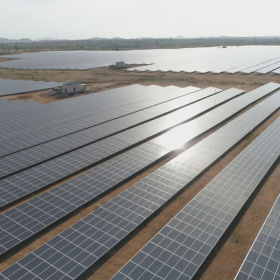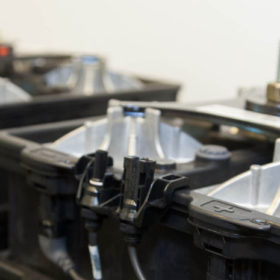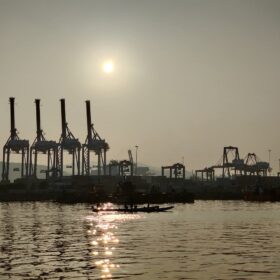Amid Covid lockdown, Amplus Solar helps local villagers in Mirzapur
The developer reached out to the families in need by providing them ration as the situation worsened for the local community in the vicinity of a 75 MWp Open Access solar park owned by it in Uttar Pradesh.
Global solar EPC market dominated by US, German, Indian contractors
Although the Wiki-Solar website ranking only provides a snapshot of PV project engineering, procurement and construction contracts outside of China, it is nevertheless a useful indicator of the changing global solar market landscape. Of the top 11 companies, four are based in India, three in Germany, and two in the United States. But last year’s largest contractor, U.S.-based First Solar, might lose its leading position this year, as it has largely discontinued its EPC activities.
Covid-19: Challenging times underscore the importance of energy planning and data management
Given the close links between energy and economy, an impact analysis is needed to evaluate the sector and initiate suitable measures against unusual circumstances. Government policy thinktank NITI Aayog is working on a roadmap to improve energy data management system for India. The centralized energy data unit will host all demand and consumption data related to all forms of energy, which can be used by researchers, policymakers and business strategy formulators alike.
SECI invites global bids for 2.5 GW solar projects in Karnataka
The interstate transmission system (ISTS) connected projects—to be developed on build-own-operate basis in the Koppal Solar Park—shall be awarded through international competitive bidding followed by reverse auction. Bids can be submitted till May 29.
The long read: The right tools and tenders for building a quality framework in India
“Quality control is expensive.” This common misperception is largely responsible for many of the product defects, design mistakes, and bad practices in the construction and commissioning of PV plants in several markets around the world. Strong downward price pressure underlined by reverse-auctions has created a false assumption that a budget for quality control is not necessary – as PI Berlin’s work in India is revealing.
Interview with U-Solar on making the most of the lockdown
In an interview with pv magazine, U-Solar Clean Energy founder and CEO K.R. Harinarayan shares the impact of Covid-19 lockdown on their solar EPC projects and how they are utilizing this time productively.
L&T bags 500 MW solar EPC contracts
Larsen & Toubro has secured EPC orders totaling 500 MW grid-connected solar capacity, in addition to significant contracts in India and overseas for power transmission and distribution.
MNRE extends ALMM enlistment date for solar cell and module manufacturers
Due to temporary disruptions caused by Covid-19 epidemic and the current lockdown, the Ministry of New and Renewable Energy (MNRE) has notified six months extension in the effective dates for the Approved List of Models and Manufacturers (ALMM). The list is now set to apply from the end of September 2020.
Hitachi gets CCI nod to buy 80.1% stake in ABB’s power grid arm
Japan-based Hitachi will buy an 80.1% per cent stake in the Swiss major’s power grids business in a deal that values its grid business at US$ 11 billion.
Affordable storage technologies key to bringing solar energy to scale in India
Earlier this year, when a landmark tender by India’s nodal agency for solar energy, Solar Energy Corporation of India (SECI), concluded the largest solar-cum-storage tender globally (~3 GWh of storage connected to 1.2 GW of solar), it highlighted a critical challenge India faces in bringing solar energy to scale: battery storage technologies.


